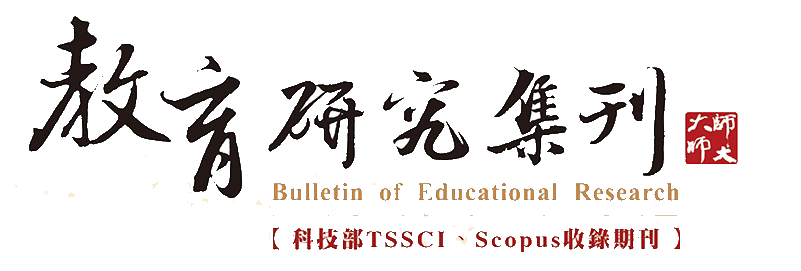| 篇名 | |
|---|---|
| 並列篇名 | Learning to Labor or Being Afraid to Labor? An Analysis of the High-Academic- Achievement Working-Class Students and Parents’ Counter-Reproduction Attitude in the Taiwanese Society |
| 作者 | 鄭英傑 |
| 中文摘要 | 本研究旨在重新檢視P. Willis文化創生(或抗拒)觀點在臺灣社會文化脈絡中的適用性與侷限性,據此,本研究植基於臺灣社會文化脈絡,訪談高學業成就勞動階級學生及其家長。研究發現,在「脫貧」與「爭面子」的雙重影響下,勞動階級家長及其子女因「怕做工」,故衍生出「反再製心態」,進而看重學校教育價值(包括工具性價值與象徵性價值),其子女也因此獲得高學業成就。植基於研究發現,本研究一則為臺灣社會勞動階級家長與學生為何如此重視學校教育提供可能解釋,二則亦為勞動階級學生獲得高學業成就之現象提供可能理由。而此二者,都是Willis理論無法解釋臺灣教育現象之處。 |
| 英文摘要 | The study aims to examine the application and limitation of P. Willis’s idea of cultural production (or resistance). In this regard, the study, rooted in the social and cultural context of the Taiwanese society, interviews high-academic-achievement working-class students and parents. The results show that, working-class parents and children, influenced by “getting rid of poverty” and “gaining face”, were afraid to labor so as to generate a “counter-reproduction attitude,” and, consequently, emphasized the value of education (including instrumental value and symbolic value). As a result, working-class students appeared to obtain high academic achievement. While Willis’s theory is unable to account for some phenomena in Taiwan, the study, based on the research findings, first, provides some explanations to why working-class parents and students in the Taiwanese society care so much about education; second, it also sheds some light on why working-class students do well academically in school. |
| 起訖頁 | 065-100 |
| 關鍵詞 | 反再製心態、文化創生(抗拒)、面子、教育再製、counter-reproduction attitude、cultural production (resistance)、face、educational reproduction |
| 刊名 | 教育研究集刊 |
| 期數 | 201712 (63:4期) |
| 出版單位 | 國立臺灣師範大學教育學系 |
| DOI | 10.3966/102887082017126304002 複製DOI |
| 該期刊-上一篇 | P. Willis的《學做工》:概念、方法與研究方向 |








